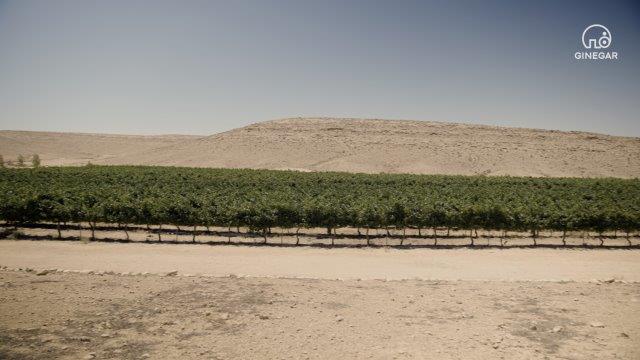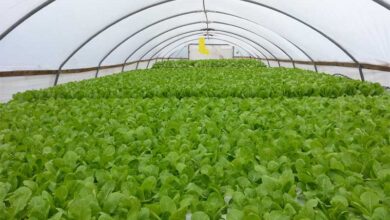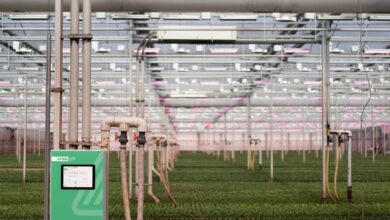Vineyards in the Desert – Growing Sustainably with Ginegar
Using highly mechanically resistant multi-layer mulch


Even in traditional wine regions with moderate or favorable microclimate conditions, growers today face multiple challenges, which judging by global trends, are likely to worsen in the future. Now imagine all this, in the setting of Israel’s arid south, characterized by extremely hot days, cold nights, and hardly any rainfall—probably one of the most difficult areas to cultivate.
So how is it possible to produce high grade wine grapes in the desert? Just add water and mix in some fertilizers!
Well, it’s not quite that simple. Even with drip irrigation all year round, water and fertilizers do not necessarily end up going to the root system.
Headquartered in Israel, Ginegar studies these issues and finds the answers for farmers in diverse regions around the world. Its team is constantly developing new solutions for more efficient utilization of precious resources like water and nutrients. Ginegar products are focused around manipulation of the PAR/ UV/ NIR/ FAR IR spectrum range to optimize light and thermal energy in agriculture, while reducing the need and use of agrochemicals. The aim is to implement more sustainable practices in open fields, greenhouses, high and low tunnels, and net houses.

Yoram Sztyglic, Ginegar’s Chief Agronomist, spoke to us about their White on Black Orchard Mulch, for use in a variety of crops, and the special significance it has for viticulture under extreme conditions:
“This highly mechanically resistant multi-layer mulch together with drip irrigation, acts to preserve soil moisture by decreasing evaporation and creating a continuous wet strip in the soil under the mulch. This makes water and fertilizers readily available for a healthy aerated root system that remains close to the surface. But that is only part of the story. The white side faces up, reflecting light onto the underside of the leaves or canopy, to promote photosynthesis and boost plant growth. The black side faces the soil, blocking out all PAR radiation. This prevents practically all weed germination under the mulch, eliminating competition between the vines and the weeds for water, fertilizers, and compost, which yields significant savings on herbicides and manual labor costs”

Click to Watch Eran Raz’s Story
In the case of Eran Raz, owner of the Nana Estate Boutique Winery in Mitzpeh Ramon, Ginegar’s mulch has helped him save around 25% on his 75-acre vineyard’s water bill, making his business much more viable. The tiny grapes Nana produces are high in sugar content, and rich in taste and color, making for very fruity wine. About 2-3 weeks after planting the seedlings into the Ginegar mulch, his vines already began to grow at a very fast rate. The soil was moist up to a depth of about 1 m, and less fertilizer was required, because the nutrients remained in the wet strip.
Once it is laid down over the drip irrigation system, the Ginegar Orchard Mulch minimizes evaporation, helps retain soil moisture and temperature at more stable levels day and night, and almost completely eliminates the need for herbicides in both organic and conventional agriculture. It significantly improves capillary water distribution in the soil and keeps fertilizers from leaching out into the ground away from the root zone. The roots grow close to the surface where more oxygen is available, and where they have better access to water in the wet strip. All these factors combined, create very robust and healthy vines.
Ginegar reaches beyond agriculture, serving other sectors such as wind energy, maritime, aeronautics, and offering other types of highly specialized films at competitive prices. Its products and solutions are available worldwide through its subsidiaries in the USA, Italy, Spain, India, and Brazil, and distributors in many other countries.
Visit the Ginegar Website
This article is part of the digital issue – Agriculture in Arid Zones




